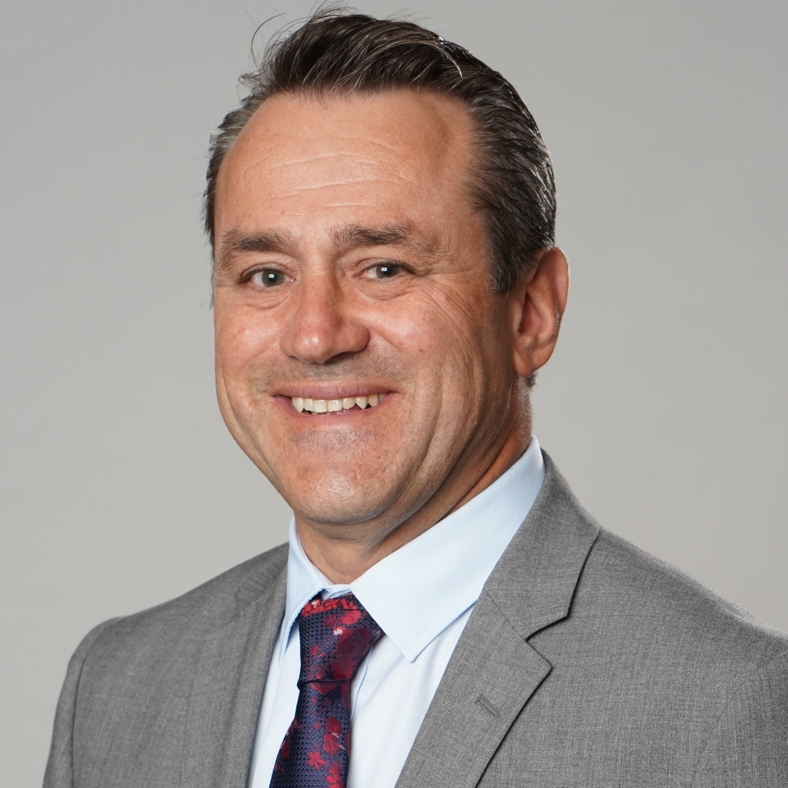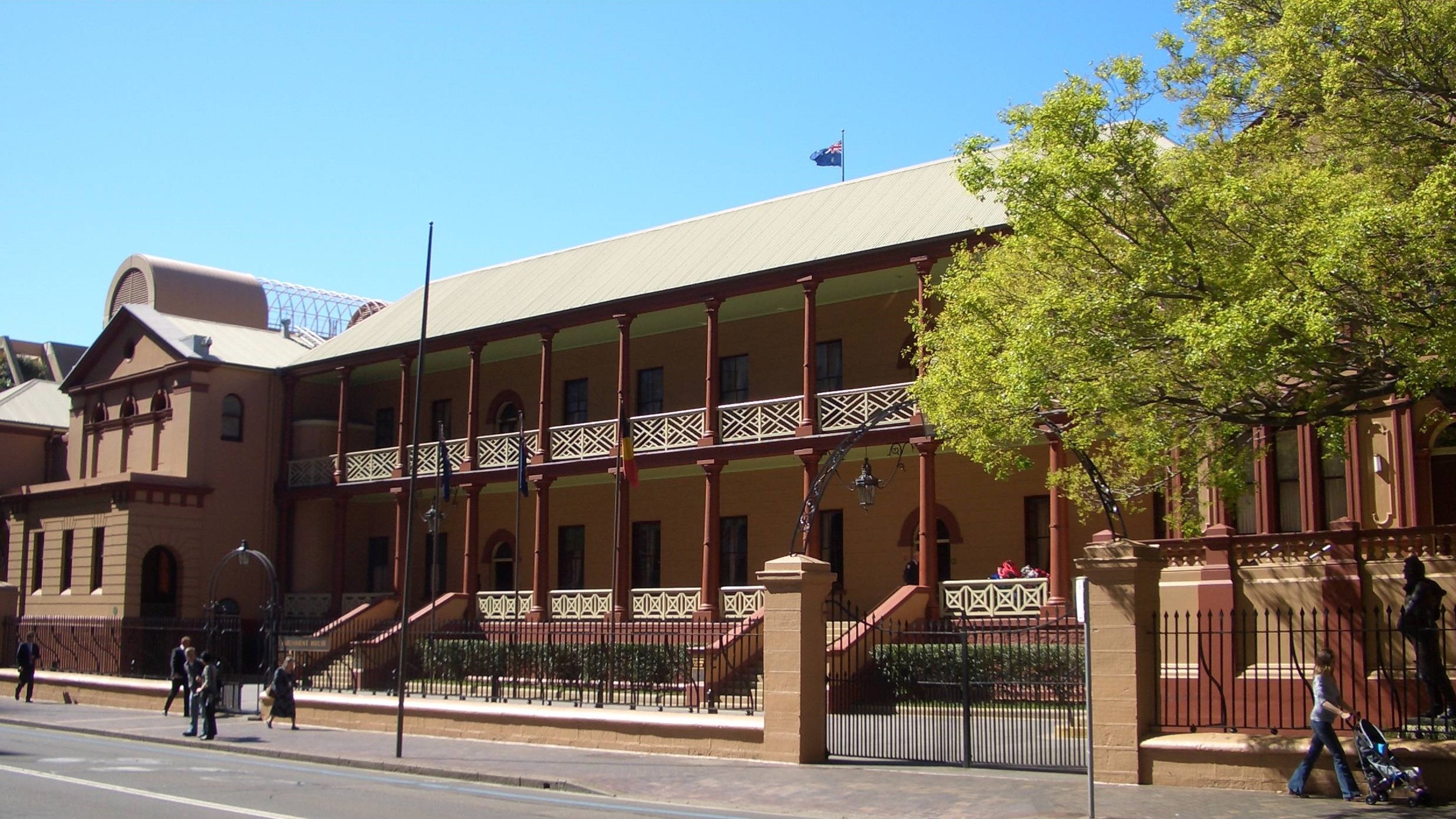The NSW Faith Affairs Council held its first full meeting on Wednesday, November 29 at NSW Parliament House. The meeting was also attended by the NSW Minister for Multiculturalism Steve Kamper.
Members unanimously elected the first Chair of the NSW Faith Affairs Council, the Right Reverend Dr Michael Stead.
Dr Stead has been the Bishop of South Sydney, Anglican Church Sydney Diocese, since 2015. He is also Chair of many committees and subcommittees in General Synod and Sydney Diocese, including the Religious Freedom Reference Group.
The Minister addressed the NSW Faith Affairs Council on the need for interfaith harmony and collaboration to deal with heightened community tensions resulting from overseas conflict.
“Today was a momentous occasion. To see representatives from across the faith spectrum come together to discuss common issues and to work on a way forward was a unifying moment,” Minister Kamper.
“I commend the Faith Affairs Council members for their commitment to interfaith harmony, and I look forward to working with them through the challenging issues facing our multifaith and multicultural communities.”
The first act of the Council was to pass an historic ‘Interfaith Resolution’ to help NSW faith communities navigate through the current difficult times:
Interfaith Resolution

New South Wales is proudly multifaith and multicultural. We acknowledge the oldest continuous living culture on Earth.
We come from 300 ancestries, speak 280 languages and practise 130 religions.
We value the freedom to express our views and practice our beliefs.
Whether it is private or public, in celebration or in protest, we understand our actions must align with our commitment to mutual respect and social cohesion.
The faith communities of New South Wales have consistently demonstrated our ability to engage and coexist in harmony.
We recognise many of us maintain deep connections with other countries through family, heritage, or shared beliefs.
This means our perspectives will often contrast sharply, but this only strengthens our desire to understand one another better.
We unequivocally reject speech, violence and actions which incite hatred towards others.
We affirm our belief in diversity as a great strength of our State. We affirm the right to disagree with one another in a way that is respectful and compassionate.
We ask all the people of our State – whether they have faith or not – to keep NSW a peaceful and welcoming home for all.
We, the NSW Faith Affairs Council, commit ourselves to interfaith collaboration and ongoing cooperation for the betterment of our communities and New South Wales.
The members also agreed on the Terms of Reference and the Code of Conduct for the council. Following this, the council then proceeded to discuss matters of council business.
This included providing proposed solutions and advice, pertaining to:
- Establishing multifaith prayer rooms in Government hospitals and other buildings.
- Government chaplaincy programs in hospitals, schools and corrective facilities.
- Issues relating to religious bullying in schools.
- Support for and defence of multiculturalism and multifaith communities.
- Communications and relationship with the NSW Police Force.
These motions will be provided to relevant stakeholders as advice from the NSW Faith Affairs Council.
